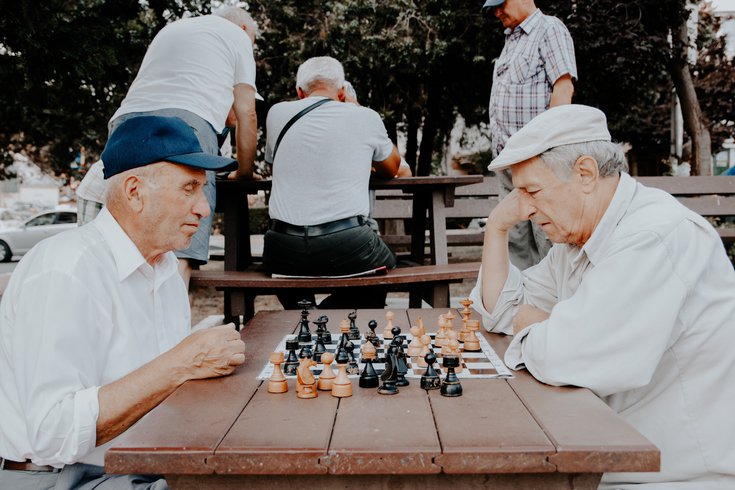
April 03, 2020
 Vlad Sargu/Unsplash
Vlad Sargu/Unsplash
A new study published in Lancet Infectious Diseases estimates the fatality rate for patients 80 years and older with COVID-19 to be 13.4%. How our immune system ages gives us some insight into why risk of complications increases with age.
While no age group is completely safe from serious COVID-19 complications, the elderly appear to have the greatest risk. A new Lancet Infectious Diseases study estimates the fatality rate for patients 80 years and older to be 13.4%
The researchers also found that the likelihood of hospitalizations with COVID-19 increases with age. They estimated that up to 18.4% of patients over 80 in the study needed hospital care compared to 12% of patients in their 60s and 3.4% of those in their 30s. Findings were based on 70,117 confirmed cases in mainland China and 698 cases outside of China.
But what is driving this increased susceptibility to the virus? It is not age alone because some older patients have had more success fighting off the infection than some younger patients.
The answer according to health experts is multifold.
Comorbidities, the a person's other underlying health issues, is a part of it. As we get older, we are more likely to be living with several chronic illnesses. Younger people with comorbidities are also at heightened risk for COVID-19 complications.
"It is not chronological age alone that determines how one does in the face of a life-threatening infection such as COVID-19," Geriatrician and gerontologist George Kuchel of the University of Connecticut told STATNEWS.
"Having multiple chronic diseases and frailty is in many ways as or more important than chronological age. An 80-year-old who is otherwise healthy and not frail might be more resilient in fighting off infection than a 60-year-old with many chronic conditions."
Another part of the puzzle is the changes that happen in our immune system as we age, referred to as immunosenescence. These changes can alter how our bodies react to infections, especially new ones we have no immunity against.
Immunologists explain that our production of T cells, an important part of the human immune system's defense against viruses and other pathogens, decreases as we age. This means there are fewer T cells to send into battle against a new threat like the novel coronavirus.
Communication between cells is another issue. The declining number of leukocytes, the first line of defense against microorganisms that instructs the T cells on what pathogens to attack, can cause glitches in communication.
Immunobiologist Janko Nikolich-Zugich at the University of Arizona College of Medicine, explained, "The instructor cells grow scarce and start to do the biological equivalent of mumbling. T cells therefore respond too late and too little."
Older people's immune systems also can have have fewer antibodies, which along with T cells, form our body's second line of defense after the leukocytes.
It is not all bad news though. While chronological aging can't be slowed down, the aging of the immune system can be. Healthy lifestyle choices like stopping smoking, reducing alcoholic intake, maintaining a healthy weight and limiting exposure to chemicals and carcinogens, can help keep your immune system in fighting form even as you get older.